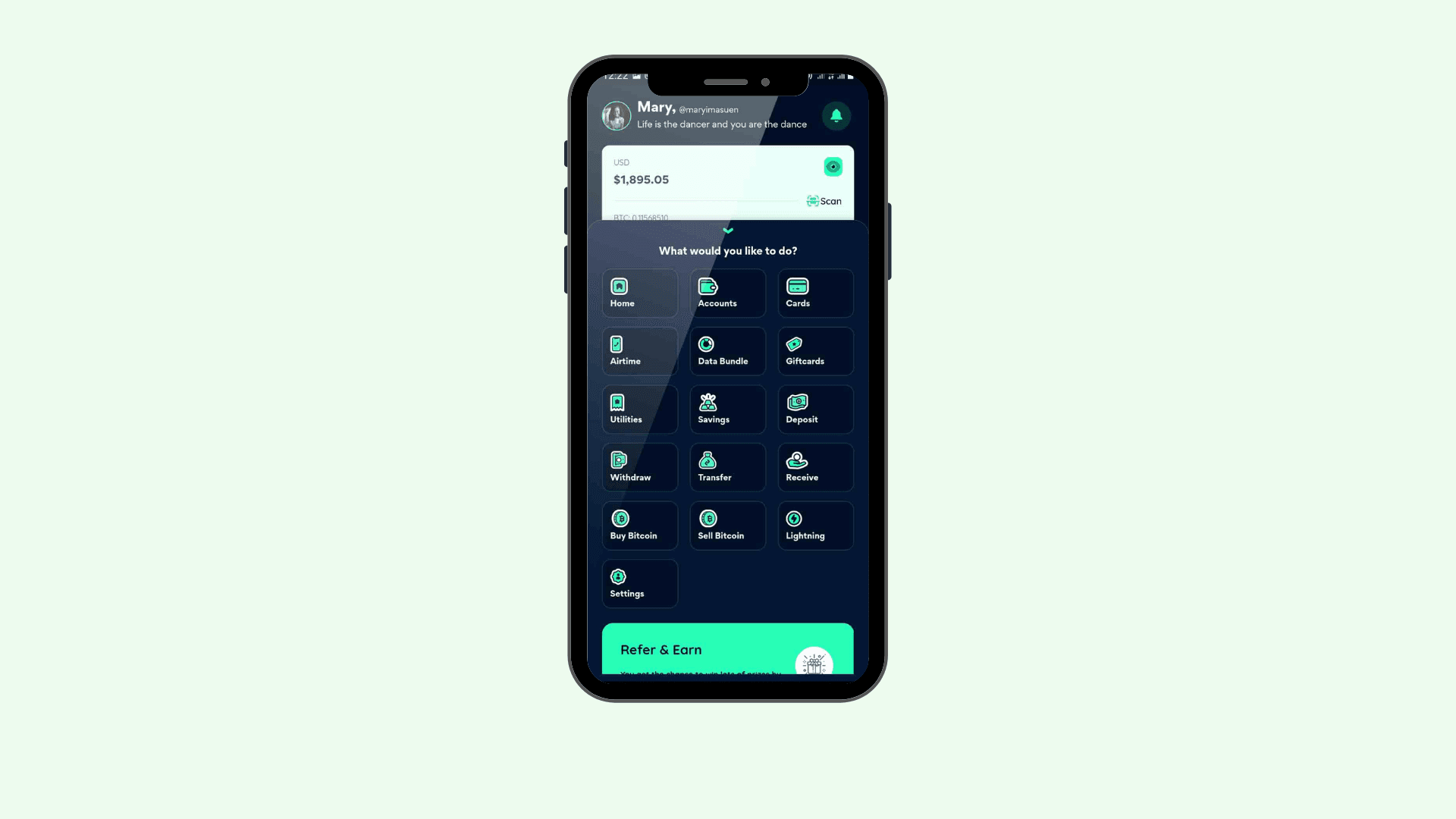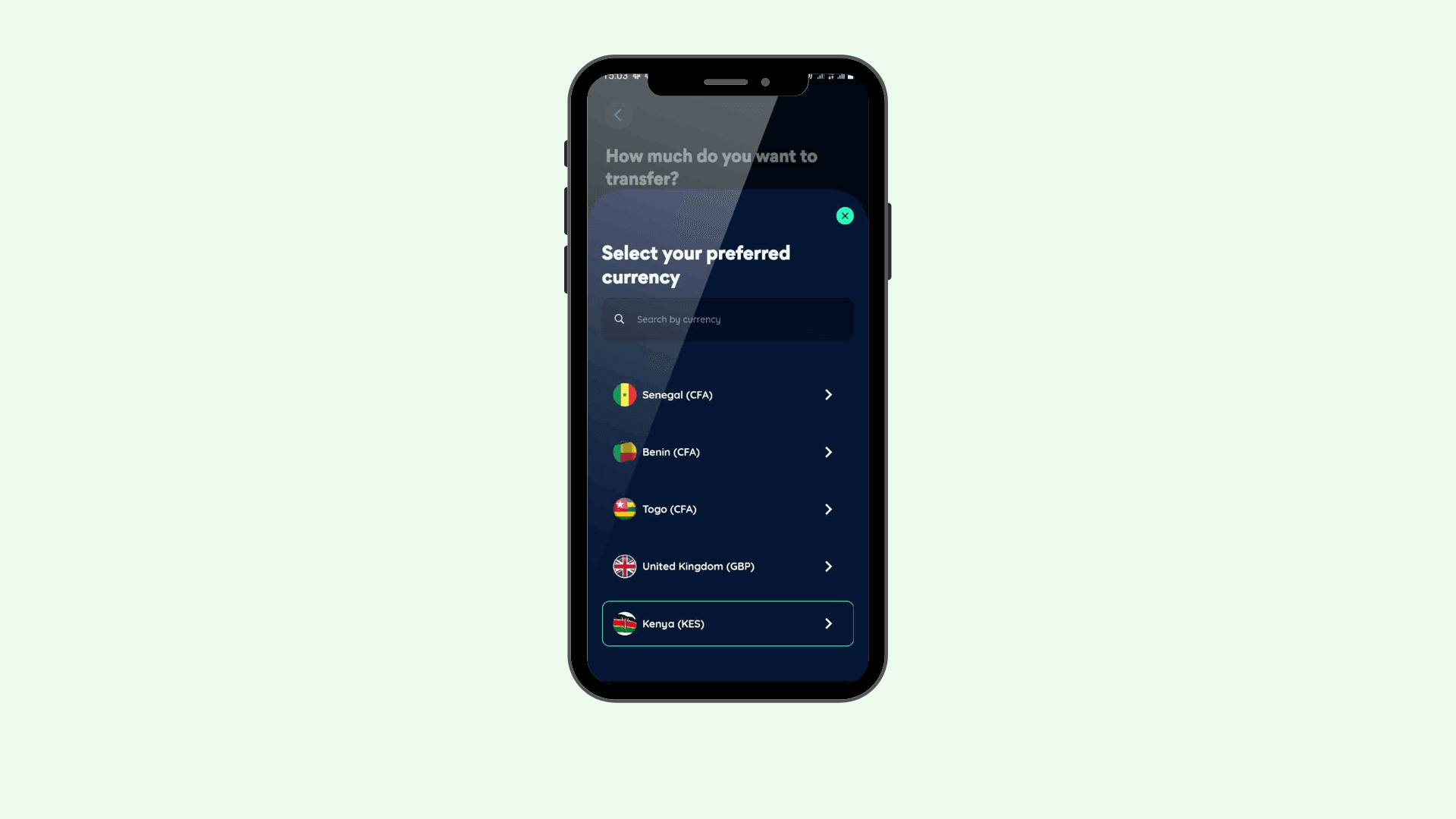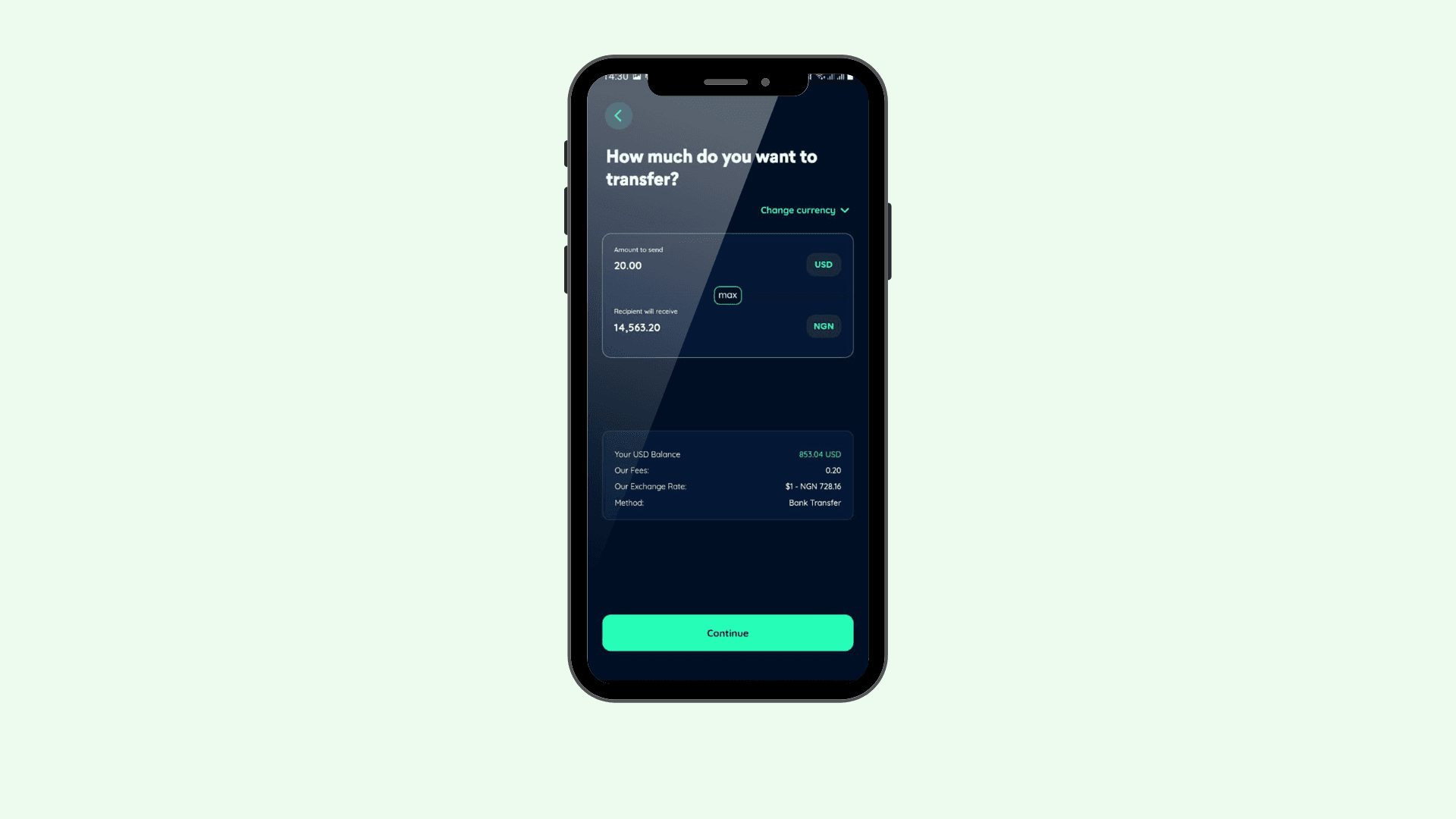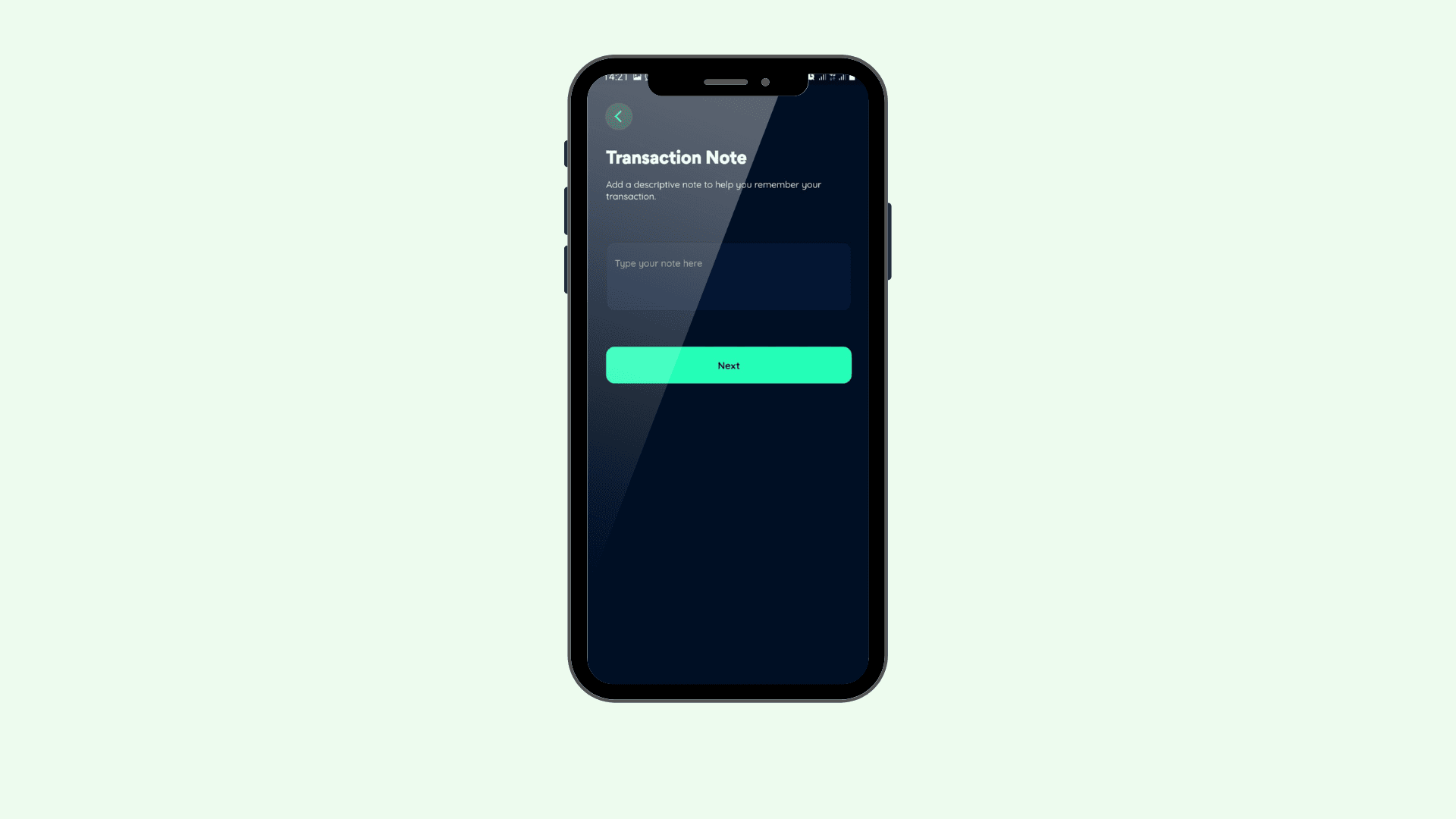remittance
How to Choose the Best Cross-Border Payment Provider for Your Business
Olayemi Oni
•5 min read

Don't let cross-border payments hold your business back. Discover how to select the best payment provider to streamline your international transactions.
As businesses increasingly operate in a globalized world, cross-border payments are becoming more and more common.
If you're running a business that operates across borders, you know how important it is to have a reliable and efficient payment system in place. But with so many options available, how do you choose the right provider for your business needs?
In this article, we'll explore the key factors to consider when selecting a cross-border payment provider for African businesses, so you can streamline your international transactions and focus on growing your business.
Cross-Border Payment – What is it?
Cross-border payments refer to the transfer of money between individuals, companies, or financial institutions in different countries or regions. The emergence of global trade and the growth of the internet has made cross-border payments increasingly common.
One of the advantages of cross-border payments is the ability to facilitate international transactions, making it easier for companies to pay their suppliers and vendors located in other parts of the world. This means businesses can expand their reach and enter new markets, while individuals can send money to family and friends living in other countries.
Challenges of Cross-border Payments
While cross-border payment helps facilitate international transactions, there are significant challenges that need to be addressed.
Absence of unified payment integration among financial institutions.
Financial institutions in different countries often use different payment systems, making it difficult for them to communicate and settle transactions. This lack of integration can result in delays, errors, and higher costs.
High cost of cross-border payments.
Charges are required to process cross-border transactions, and these fees can be substantial, especially for small transactions. According to a study conducted by World Bank, the global average cost of sending $200 was around 7% in Q4 2020.
Regulatory compliance and security risks.
It is important that financial institutions must comply with regulations in different countries, which can be complex and time-consuming. Moreover, cross-border payments are vulnerable to fraud, money laundering, and cyber attacks, which can result in significant losses for businesses and individuals.
4 Things to Consider When Choosing a Cross-border Payment Provider
There are so many factors to consider when choosing a cross-border payment provider, but below are the four most important;
Determine Your Business Needs.
Before you start researching cross-border payment providers, it's important to determine your business needs. Consider factors such as the volume and frequency of your international transactions, the currencies you need to work with, and any specific payment methods your customers prefer. This will help you narrow down your options and find a provider that can meet your unique requirements.
Evaluate Payment Options and Fees.
When choosing a cross-border payment provider for your business, it's important to evaluate the payment options and fees. Compare the fees and exchange rates to choose the most cost-effective option for your business.
Check for Compliance and Security.
When selecting a cross-border payment provider for your business, it's crucial to ensure that they are compliant with all relevant regulations and have strong security measures in place. Additionally, check for security features such as encryption, fraud detection, and two-factor authentication to protect your business and your customers' sensitive information.
Consider Customer Support and User Experience.
It’s important to consider the level of customer support they offer and the overall user experience. Look for providers with multiple communication channels, such as phone, email, and live chat. Also, consider the ease of use of their platform and whether it integrates with your existing systems– A provider with a user-friendly interface and seamless integration can save you time and improve efficiency in your international transactions.
Bitnob: The Best Cross-Border Payment Provider for your Business
Bitnob allows you to seamlessly send money to recipients in 8 different African countries including; Ghana, Togo, Nigeria, Kenya, Rwanda, Benin Republic, Senegal, and Ivory Coast. For example, you could be in Ghana and easily send money to your suppliers in Nigeria or even receive money from your customers. You can directly send money to their local bank accounts or Momo wallets.
As mentioned above, Bitnob meets the criteria to look into when choosing a cross-border payment provider.
- The user interface is easy to navigate
- Security and compliance are top tiers
- There are multiple channels to communicate with the customer support team
- Transaction charges are unbelievably affordable
How to Make Cross-Border Payment With Bitnob
To use the transfer feature on Bitnob to make cross-border payments into your suppliers' bank account or mobile money wallet, you are required to download the Bitnob app, verify your account, and fund your USD wallet, and you can then follow these easy steps to make cross-border payments with Bitnob
- Tap on the “Transfer” button on the Quick Links section of the homepage

- Tap on “Transfer to Bank or Momo”

- Tap on “Change currency” to select the country of the account or mobile money wallet you want to transfer money to

- Fill out the amount you’d like to transfer, then tap on “Continue”

- Select the account or mobile money provider and fill out the details of the account your want to send money to. If this person would be someone you intend to send money often, then tap on “Save as beneficiary” to make make the person a beneficiary.

- Tap on “Proceed to Transaction Note” to add a note on the transaction

- Review the transaction summary and then tap on “Proceed” to initiate payment to the account or mobile money wallet.
Ready to Take Your Business Beyond Borders?
Cross-border payments– especially in Africa are essential for facilitating the smooth flow of international trade. However, businesses in Africa should leverage the solution Bitnob has proffered to reach a wider audience globally. Does this sound like it's worth a shot? To get started, download Bitnob.